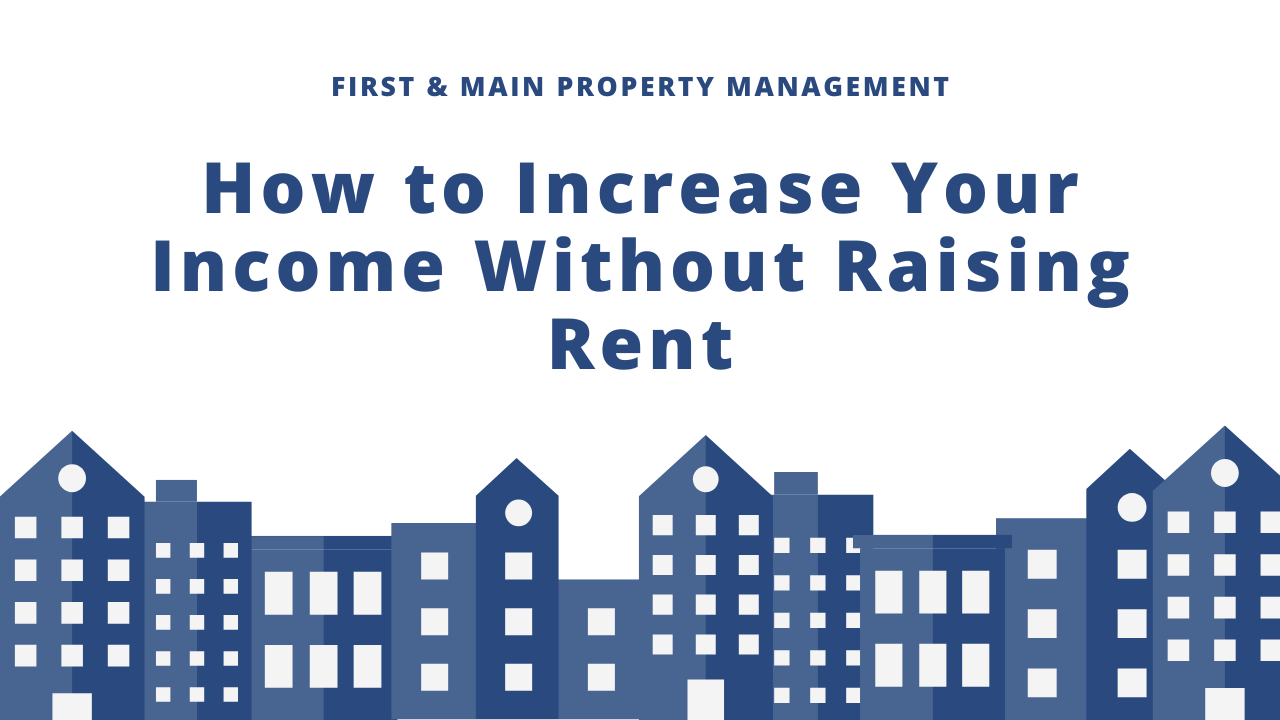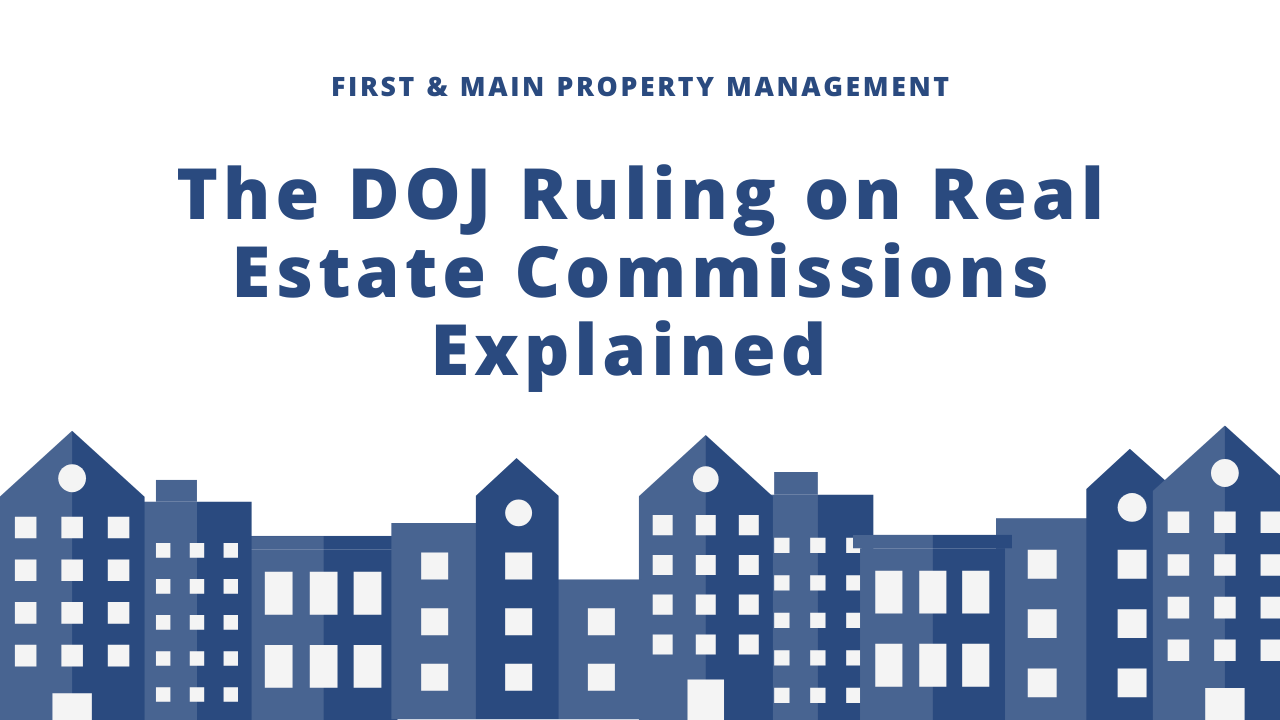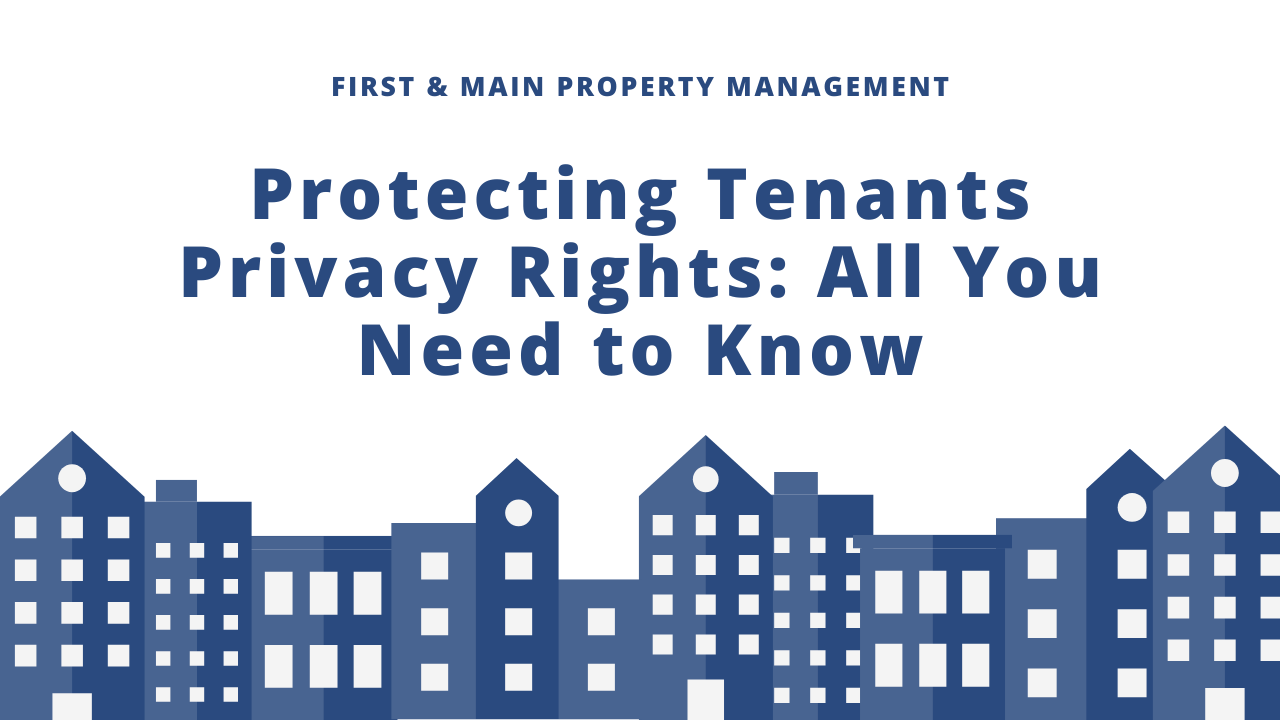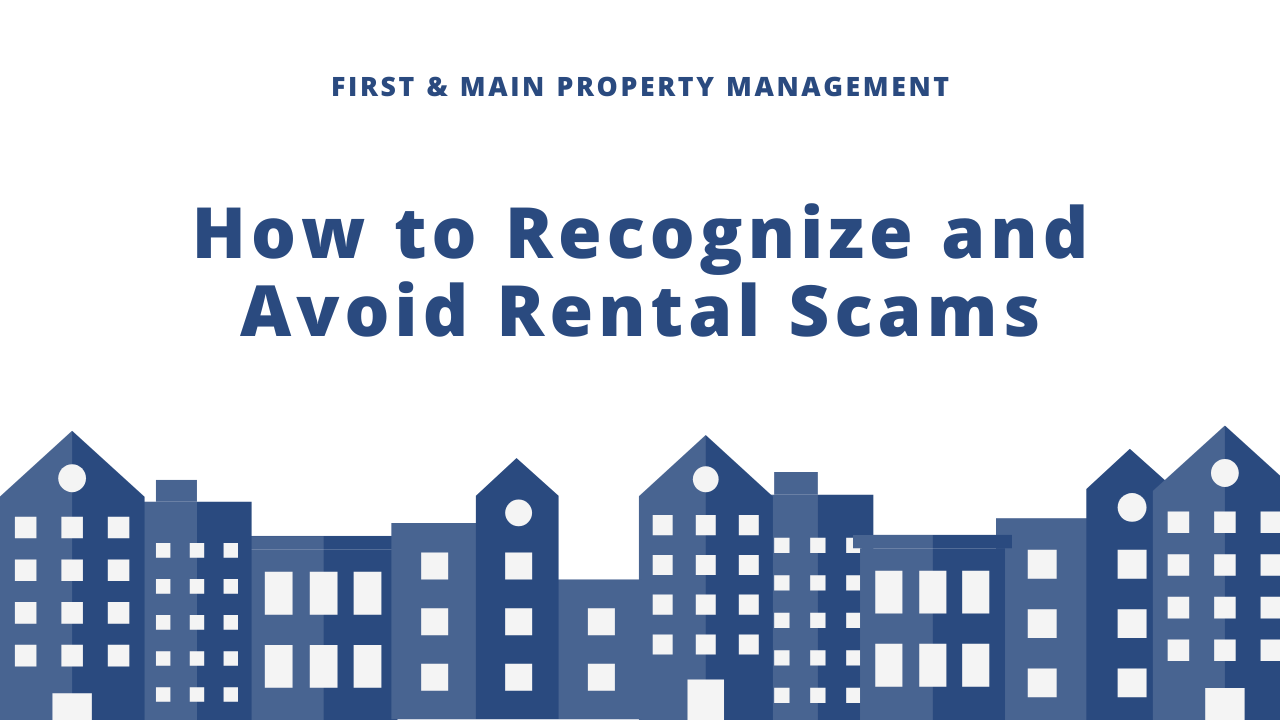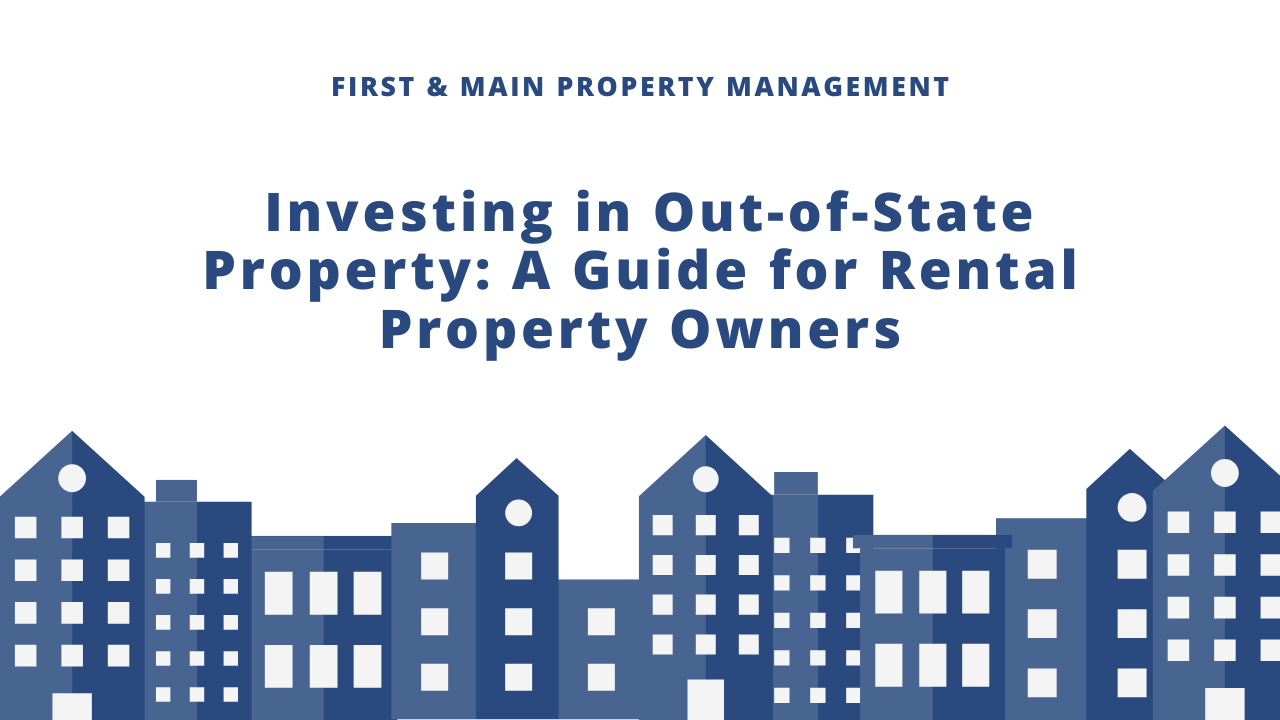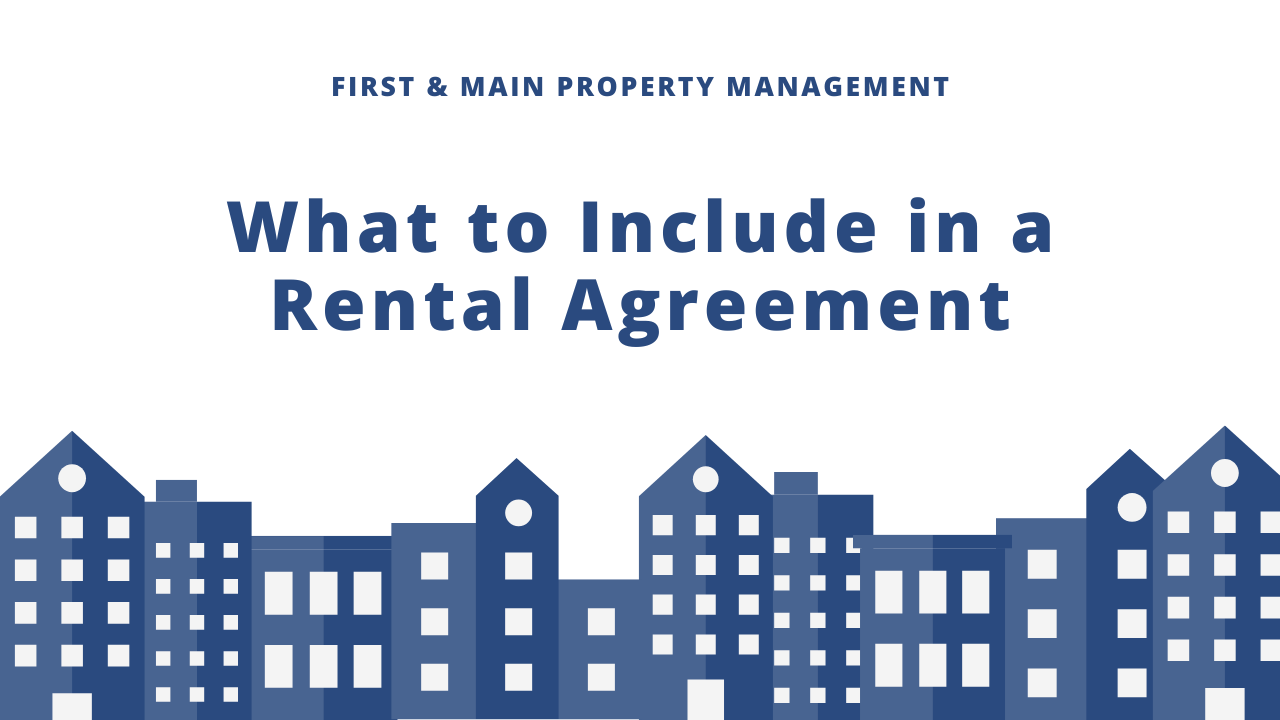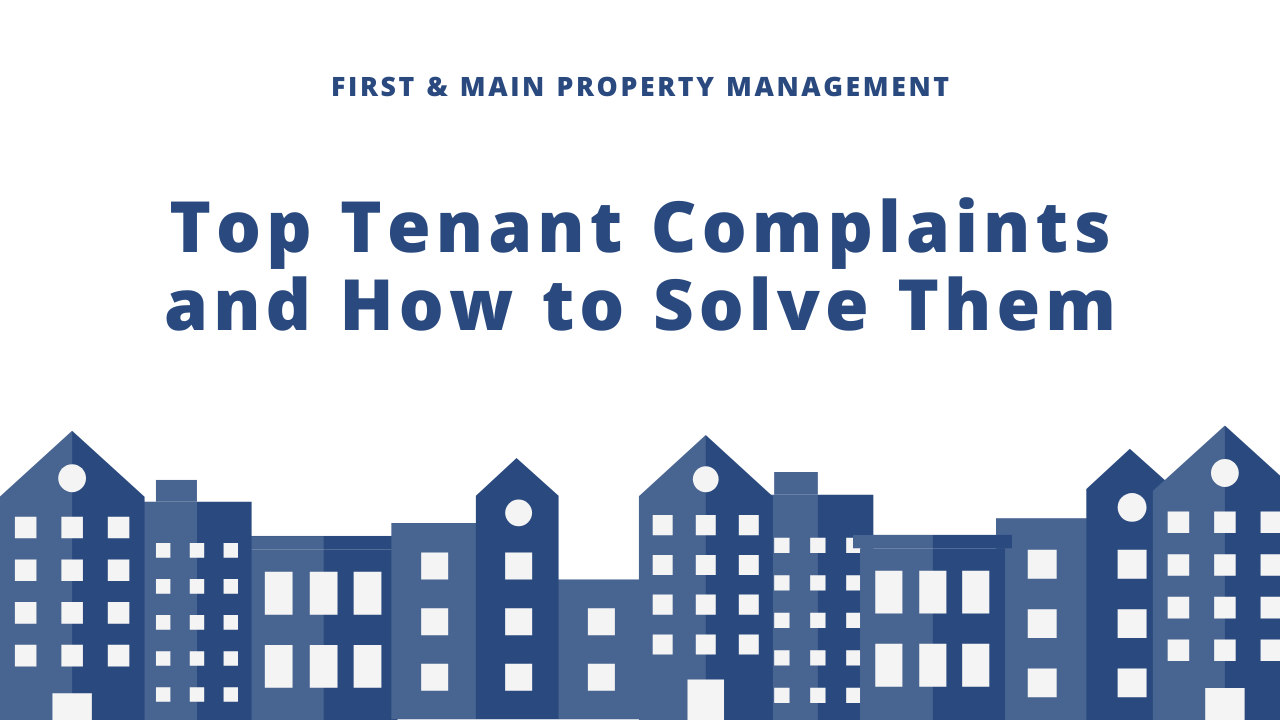California Security Deposit Law (Ultimate Landlord Guide)
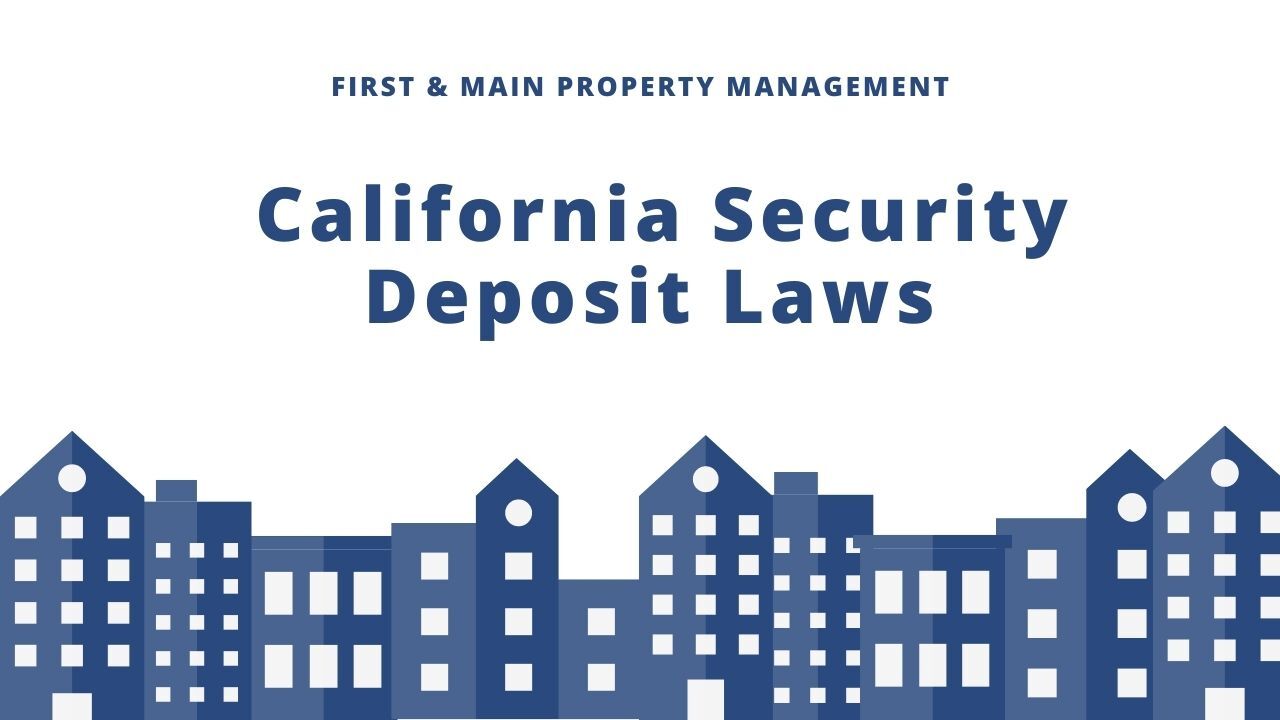
California Security Deposit Laws
California’s security deposit rules are contained in the California Residential Landlord-Tenant Act. These rules are meant to protect both you and your tenant.
It’s important to understand the California security deposit laws in order to avoid potential issues with your tenant. It's not uncommon for security deposit disputes to arise from the deductions made for damages beyond normal wear and tear.
So, in this post, we are going over everything you need to know about the laws surrounding security deposits in California.
Here are some commonly asked questions and answers about security deposits:
What is the maximum security deposit California landlords can ask for?
As a landlord, according to California security deposit laws, the maximum amount of security deposit you can collect from your tenant is dependent on whether your rental is furnished or not.
For a furnished residential property, the maximum you can collect is the equivalent of three months’ rent. For an unfurnished residential property, the most you can ask for is the equivalent of two months’ rent.
You may be able to increase the limit to the security deposits if you have allowed the tenant to make alterations to the unit. However, we strongly suggest including these terms in the lease agreement.

Can a landlord in California ask for an additional pet fee?
Yes! If you allow pets into your rental, California law states that you may ask for an additional pet deposit.
However, you cannot charge a pet deposit for service animals who help a tenant with disabilities. If a landlord intends to charge a pet deposit they must check if the companion is a service animal. Disability is a protected characteristic under the Fair Housing Act.
According to the Fair Housing Act, a landlord has a duty to provide their tenant with an equal opportunity to use and enjoy their premises. It would be considered discrimination if you require a disabled tenant to pay extra for their service animal and doing so may result in a small claims court case.
Can a landlord in California ask for a non-refundable security deposit?
No! Non-refundable security deposits are illegal in the state of California. California law views all security deposits as the tenant’s belongings, less any allowable deductions.
Do California landlords have to store a tenant’s security deposit in a particular way?
During a tenancy, it’s a landlord’s responsibility to store their tenant’s security deposits. However, unlike some other states, California security deposit laws don’t require you to store a tenant’s security deposit in any particular manner.
This means that you’re free to store it in whatever manner you see fit – whether that would be in a bank account that accrues interest or not.
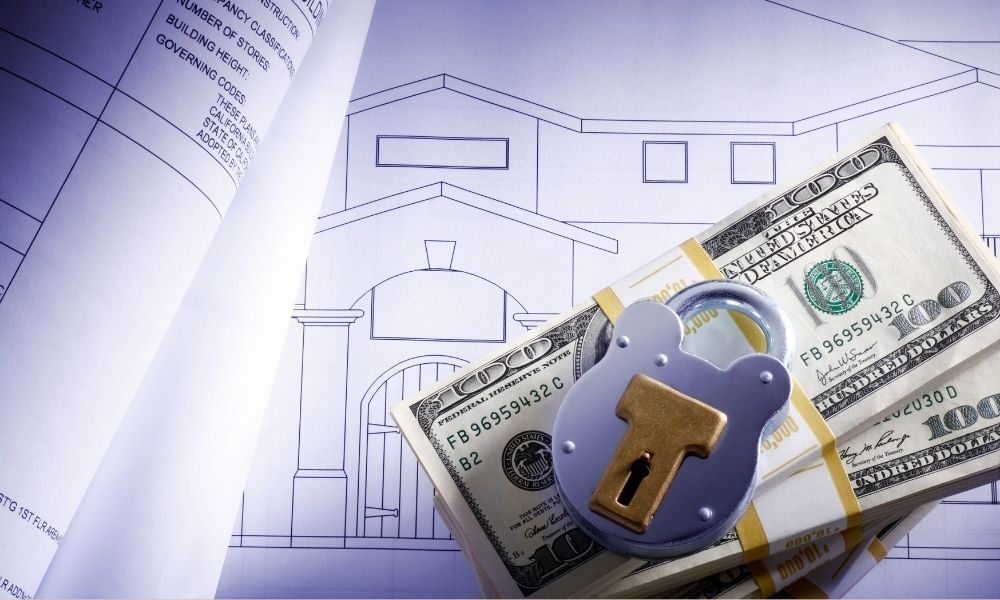
Do landlords have to provide the tenant with a receipt of their security deposit?
According to California law and landlord tenant law, no you do not. However, it’s highly encouraged that you do for accountability purposes, especially if the tenant submitted their security deposit electronically.
In the written notice, you should provide your tenant with important details such as:
- The amount of security deposit you have received.
- Written notice to show proof of the security deposit amount received.
- The financial institution designated for storing their security deposit.
- What they must do in order to have the landlord deposit the full amount of the security deposit when they move out at the end of their tenancy.
What can a landlord deduct from a tenant’s security deposit?
The following are some of the things that you can deduct from your tenant’s deposit in California and outline the items in an itemized statement:
- Excessive cleaning costs. Normally, the rental agreement requires a tenant to return their residential unit in the same way they found it – less normal wear and tear. If your tenant returns the rental in a filthy condition, you can take the costs of hiring a cleaning company from the security payment.
- Restoration of personal costs. If your tenant made alterations to the rental unit and failed to restore the rental back to its original form, you may remove the cost from the deposit. This does not include the costs for ordinary wear. Note that the security deposit cannot be used to remedy future defaults in the rental unit.
- Unpaid rent. You can make appropriate security deposit deductions if there is unpaid rent when the tenant moves out. This could be if a tenant did not pay rent for one or more months. You can also use this if renters end the lease term early or exits their rental agreements unexpectedly in order to cover rent owed.
- Utility costs. Of course, a tenant must clear their utility bills prior to moving out. If they don’t, you can use part or all of their deposit to clear them.
- Cost of repairs due to excessive damage beyond normal wear and tear. It’s a tenant’s responsibility to conduct any repairs to damages they have caused to the residential unit that are beyond ordinary wear and tear. If they move out without fixing it, you can remove the cost of repairs from their deposit.
Please note, however, that you cannot make deductions in any of the following scenarios:
- Cost of repairing damage that existed due to a previous tenant prior to the current tenant renting the unit.
- Cost of repairing damage resulting from normal wear and tear. Examples of damages resulting from normal wear and tear include loose door handles, fading of carpet due to normal use, fading of blinds due to sunlight exposure and more.

Can a tenant use their deposit as last month’s rent?
A tenant cannot use their security deposit as last month’s rent. If the tenant moves out, they are still responsible for paying last month's rent. The only exception is if there is a clause in the lease agreement or rental agreement permitting it. This must be previously agreed upon in the lease or rental agreement.
When does the landlord have to return security deposit?
You must return the tenant's security deposit within 21 days of the tenant moving out. If you’ve made deductions, you must send the remaining amount along with an itemized statement. Failure to do so could result in a landlord tenant dispute and possibly end up in court. A tenant may be able to sue the landlord for twice the amount of the deposit in damages in small claims court, in addition to the amount of the original security deposit.
Bottom Line: Security Deposit Laws in California
As a California landlord, it’s important to understand California security deposits laws and be sure they're clear in the rental agreement.
We hope this post was helpful and answered some of your questions!
For more information, please reach out to the experts at First & Main Property Management.
Wondering about the eviction law in CA? If so, read our post here.
Disclaimer: This blog isn’t a substitute for professional legal advice. Security deposit law changes and this post might not be updated at the time you read it. For expert advice, First & Main Property Management can help. Our goal is to minimize your costs, protect your investment, and maximize your income.

